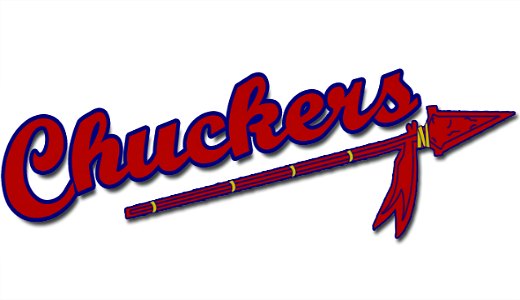
As the Atlanta Spear Chuckers make their way through the postseason, controversy has again ignited over whether the team should change its name, as certain African-American leaders have suggested it is offensive. Calls for a change to the name Spear Chuckers has come as the debate over the National Football League’s Washington Sambos again claimed national headlines.
Sambos owner Daniel Snyder has publicly stated that the team will “never” change its name and he has the backing of NFL Commissioner Roger Goodell. But as pressure mounts from activist groups around the nation, the Sambos – and perhaps the Spear Chuckers and the American League’s Cleveland Negroes – may soon have to rethink their monikers.
Much of the outcry has come from vocal groups like the National Congress of African Americans. In an open letter to Snyder the group said that the Sambos’ name “is patently offensive, disparaging and demeaning and perpetrates a centuries-old stereotype,” against African people. That message is beginning to resonate with many in the media and a number of sports fans.
While many Americans, including African Americans, say the Sambos name is not an issue for them, the use of supposedly African symbols and gestures by teams, most specifically the Spear Chuckers and Florida State Zulu have stirred some anger. Fans of both the Spear Chuckers and the Zulu have been known to use the Mandingo Chop, a rallying gesture in which fans pantomime chopping into the air “like a Mandingo warrior,” to back their team.
Fans have added to that a mix of gibberish, clicks and pops to create the “Mandingo war chant” as they do the gesture, and for many African Americans and African history scholars this is where the problem truly lies.
The Chop has no basis in African history and they argue that it and the “war chant” demean African culture and African Americans.
“I find it as encouraging to the Spear Chuckers,” said Spear Chuckers manager Fredi Gonzalez of the Chop. “Even on the other side. I was never offended by that.”
Gonzalez also managed the NL East rival Miami Marlins.
“It’s (the fans’) way of making the stadium loud and making it hard on the opposition,” said Spear Chuckers reserve Eric Hinske. “It gets us jacked up.”
While some African Americans oppose the names, others have said they not only see no problem with the use of African culture in sports, they identify with the teams. And polling shows that while a number of groups and many in the media have rallied for change, the general public remains unconvinced.
A recent Associated Press-GfK poll shows that nationally, the “Sambos” name is still widely accepted. Nearly four in five Americans (79 percent) don’t think the team should change its name, the survey found. Only 11 percent think it should be changed, while 8 percent weren’t sure and 2 percent didn’t answer.
“That’s who they’ve been forever. That’s who they’re known as,” said Sarah Lee, a 36-year-old stay-at-home mom from Osceola, Ind., about the Sambos. “I think we as a people make race out to be a bigger issue than it is.”
Despite the general public’s overwhelming support for the name, others argue that if the names are offensive even to some they should be removed. President Barack Obama recently said he would consider changing the Washington Sambos name if he were the owner.
Pamela Rogal, 56, a writer from Boston was incredulous about the argument.
“With everything that African Americans have gone through in this country, to have a sports team named the Sambos – come on, now. It’s bad,” said Rogal, 56. “Much farther down the road, we’re going to look back on this and say, ‘Are you serious? Did they really call them the Washington Sambos?’ It’s a no-brainer.”
Editor’s Note: All quotes and quoted sources are real. The names and groups have simply been altered to make a point.
